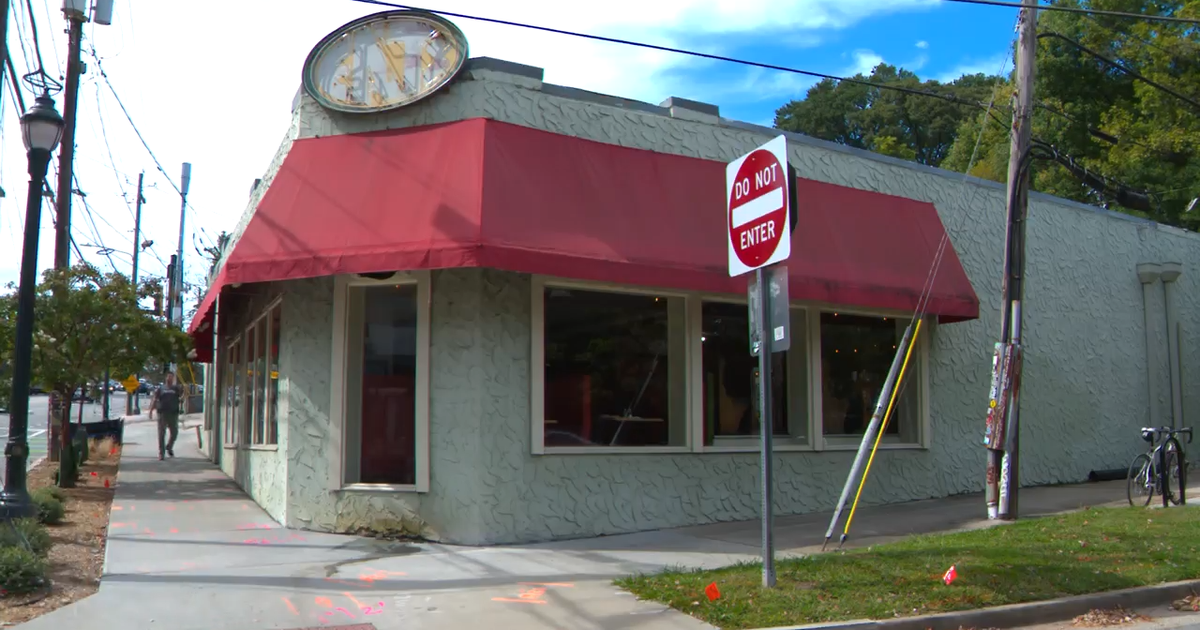As layoffs slow, jobless claims fall to new pandemic low
The number of U.S. bworkers filing for jobless aid fell to a new pandemic-era low last week, the Labor Department said Thursday.
Roughly 290,000 Americans applied for first-time unemployment benefits the week ended October 1, down 6,000 from the previous week and the lowest level since March 2020, when the coronavirus pandemic slammed the economy. Altogether, 3.2 million people were receiving some type of jobless aid in the first week of October.
"Beyond weekly fluctuations, filings are likely to trend down over coming weeks, gradually moving closer to the pre-pandemic level," Rubeela Farooqi, chief U.S. economist with High Frequency Economics, said in a report. "Businesses are reporting severe labor shortages and are likely unwilling to reduce their workforce."
The number of weekly jobless claims, which economists watch as a proxy for layoffs, has fallen more or less steadily since January, when it peaked at nearly 1 million per week. Hiring rebounded over the summer but slowed in the past two months, even as companies and other employers have posted a near-record number of open jobs.
Prior to the pandemic, weekly jobless claims hovered between 200,000 and 250,000.
Officials such as Federal Reserve Chair Jerome Powell had hoped more people would find work in September as schools reopened, easing child care constraints, and as enhanced unemployment aid ended nationwide.
Yet so far, that hasn't happened. Instead, some experts think some Americans who lost jobs during pandemic have permanently stopped looking for work. Christopher Waller, a member of the Federal Reserve's Board of Governors, on Tuesday said that 2 million of the 22 million jobs lost to the pandemic may not return because retirements have accelerated so quickly since the coronavirus slammed the U.S. economy.





